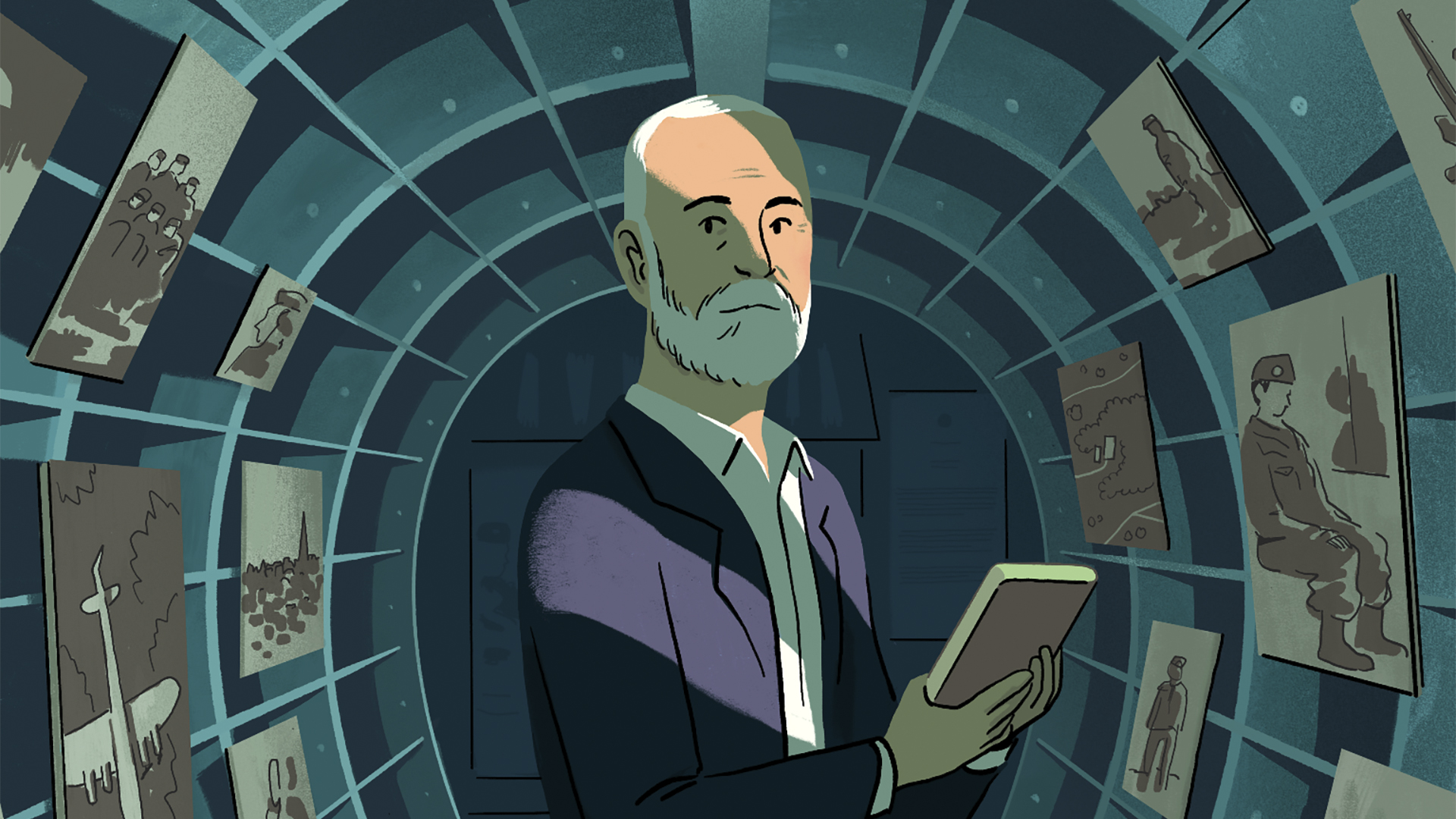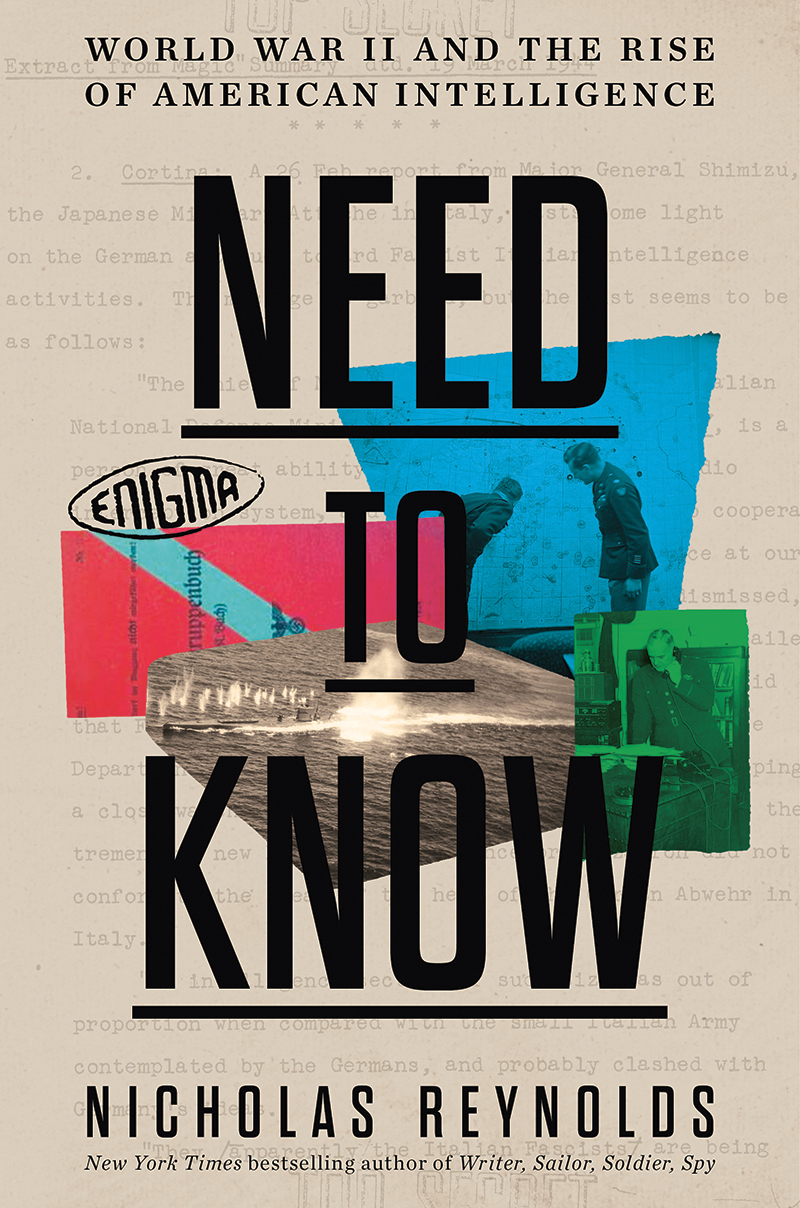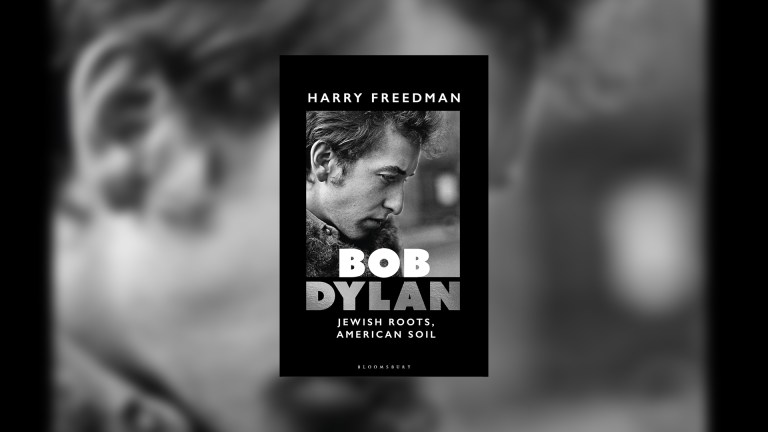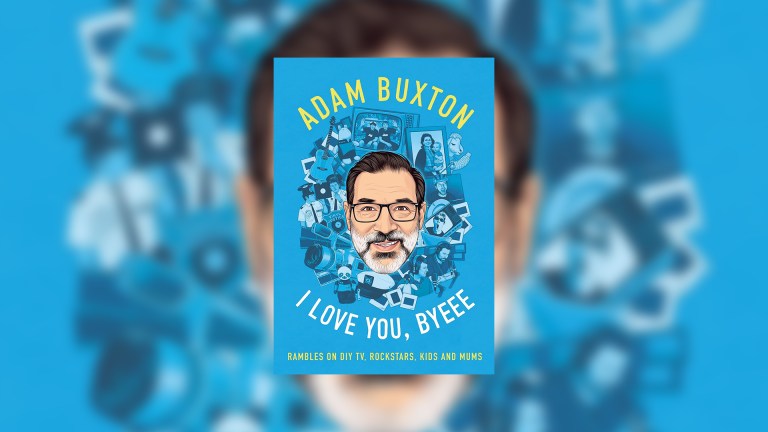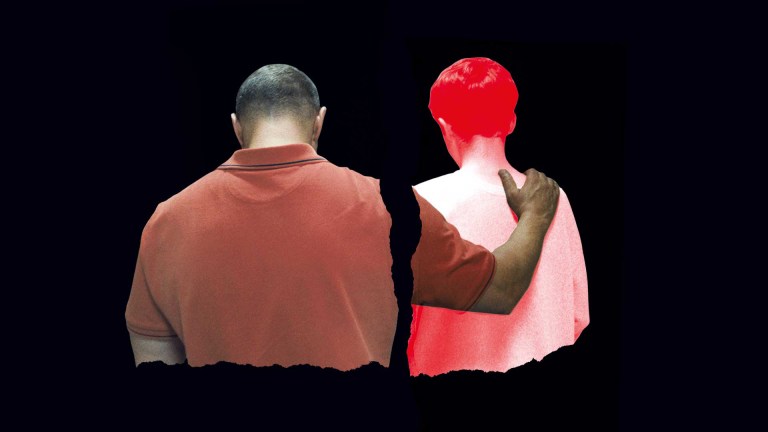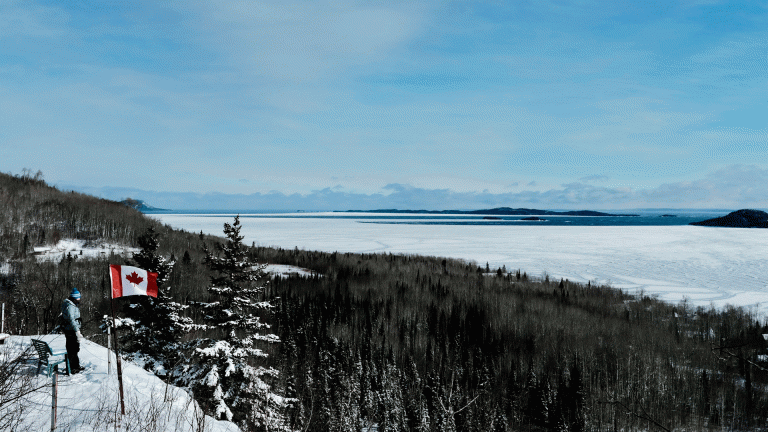What, another spy book on World War II? Library shelves are already groaning under the weight of more than 75 years of histories and memoirs. But, as the reader of this book will discover, there are still untold stories, and stories that need to be reframed.
My book Need to Know takes a fresh look at the main threads of American intelligence and the CIA in World War II, how they developed, how they related to each other and where they were positioned at the end of the war. It’s a crossover book that tackles more than one kind of intelligence work.
I look through the practitioners’ eyes whenever possible – and am still amazed by what I find: the codebreakers in Washington breaking the Japanese diplomatic code with little more than pencil and paper, the naval officer in a dank basement at Pearl Harbor in his smoking jacket and bedroom slippers predicting the movements of the Japanese fleet, the horde of Wall Street lawyers giving up lucrative legal practices to do their patriotic duty in a profession that had not existed a few weeks earlier. Together they created modern American intelligence, almost out of nothing, turning it into the massive, war-winning machine that would continue to grow during the Cold War.
How did I come to write about intelligence in World War II?
For one thing, the war was almost literally in my blood. It was the defining event in my parents’ lives. When I was growing up, it would surface in conversation at the dinner table from time to time, or during visits with uncles who had fought in the war. My father, who had been in London after D-Day, told a vivid tale of seeing the results of a strike on a crowded butcher shop by a V-2 “revenge weapon”, one of the German missiles that were striking the city hard and at random, each with almost a ton of high explosives.
One thousand miles away in Hungary, my mother endured the months-long siege of Budapest in the basement of a hospital while Nazis and Soviets battled each other above ground. She told a hair-raising tale of venturing out by herself for milk for her twin sister’s newborn son.
